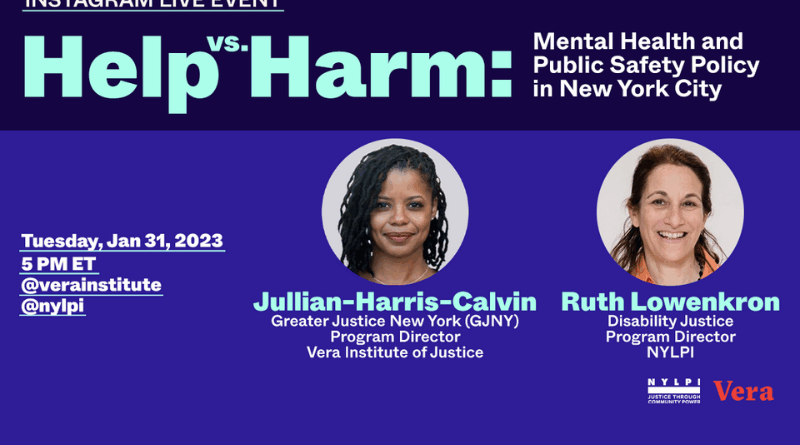Andrew Cuomo and Zohran Mamdani: A Clash on Crime and Bail Reform
Andrew Cuomo, an Independent candidate running for the position of Mayor in New York City, recently held a presentation in which he directed the spotlight towards his mayoral competitor, Zohran Mamdani. Central to this discussion were the prevailing issues of crime in NYC and the on-going debate surrounding bail reform.
In the active battle for transparency and accountability, it is imperative for Mamdani to elucidate his stance on crime. Yet, just as he needs to be held to account, the same should apply to other leading candidates in the race. As we delve deeper into their track records, it becomes apparent that many allies of incumbent Mayor Eric Adams believe that Cuomo essentially mirrors his viewpoint.
A recent promotional advertisement from pro-Adams political action committee ‘Empower NYC’, prompts audiences to ponder the question: ‘Who is aiding criminals most?’ Following this provocative query, the advertisement proceeds to unpack the public safety records of both Cuomo and Mamdani.
According to the ad, Cuomo has filled the Parole Board with leftist members who show consistent leniency toward criminal offenders, including those guilty of murdering police officers. In parallel, Mamdani is painted as a candidate advocating for the cessation of operations at Rikers prison.
The ad also focused on Cuomo’s 2019 no-bail law signature, with Mamdani vocally supporting the disassembly of the police force. To lay the implication bare: neither of these ‘revolutionary’ figures can be trusted to prioritize law and order.
Mamdani’s fiery anti-police narrative and audacious public safety viewpoints, such as his stance that police should not be called to domestic violence incidents, have drawn a significant amount of scrutiny. In contrast, Cuomo presents his policies as more balanced, even though his past decisions in power have been a source of anguish for many New Yorkers.
One of Cuomo’s controversial decisions while in power was signing the ‘Raise the Age’ bill. The direct aftermath of this decision has been an escalation in crimes committed and endured by teenagers. His staunch defense of the no-bail law, claiming that it ‘righted a terrible wrong’ despite its creation of a ‘revolving-door justice’ system for chronic offenders, is another example of his biased viewpoint.
While both Mamdani and Cuomo advocate for these theoretically misguided policies, their justifications differ. Mamdani supports these changes based on foundational principles, while Cuomo appears driven by political expedience.
But regardless of the motive behind his decision-making during his time, Cuomo has consistently demonstrated his willingness to conform to far-leftist ideologies. His lack of principled standpoints doesn’t offer solace for New Yorkers suffering from the ramifications of his pro-crime policies.
Given Cuomo’s record, the city’s residents may find little reassurance that their interests would be his foremost priority, rather than more political maneuvering for personal gain, especially considering his prior decisions that catered more to his political aspirations than to the safety of New Yorkers.
The concluding statement of the Empower NYC advertisement captures their shared standpoint succinctly: ‘Cuomo and Mamdani share a number of similarities’. Yet, neither of these individuals represents the ordinary inhabitants of New York, whose interests should be central to any mayoral race.
The most striking similarity between Cuomo and Mamdani, according to the ad, lies in their attitudes and not their policies: neither candidate resonates with the everyday New Yorker. Their core ideologies do not align with the common values embedded in the heart of the city.
In conclusion, the message from Empower NYC stresses that the true measure of a candidate’s suitability for City Hall extends beyond their political leanings to include their connection and compatibility with the needs and values of the city’s residents.
To put it simply, no matter how each candidate may define their public safety philosophies, neither Cuomo nor Mamdani, as the advertisement underscores, belongs in City Hall. Their policies and pronouncements hitherto only alienate them further from the concerns and sensibilities of regular New Yorkers.



